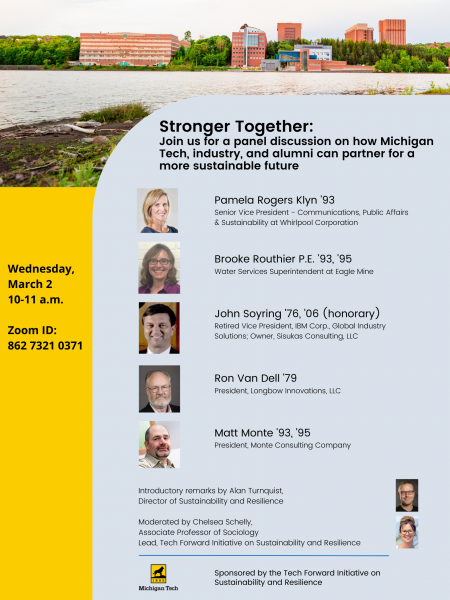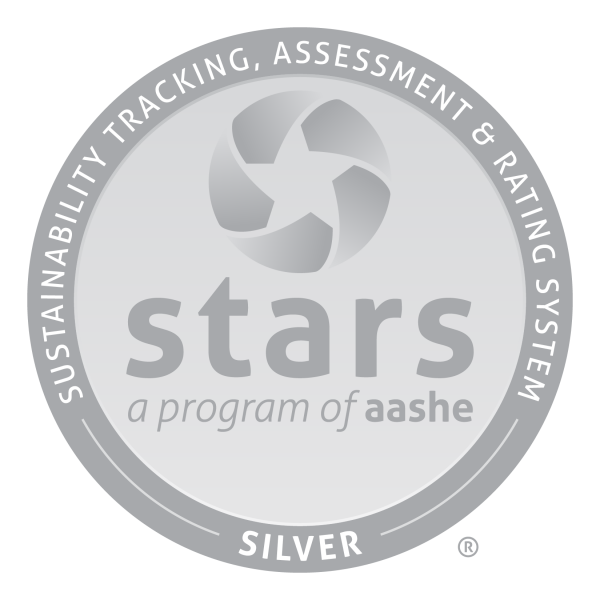This week’s Husky Bites on Monday, March 21 is called “Glasgow—Michigan Tech Agents of Change,” with Chemistry Professor and Interim Dept. of Chemistry Chair Sarah Green, plus Jessica Daignault, who earned her PhD in Environmental Engineering at Michigan Tech in 2021, and current mechanical engineering PhD student Ayush Chutani. Dr. Green led a group of 9 Michigan Tech students and alumni to the UN International Climate Change Conference, COP26, last November.
We’ll learn what kinds of things go on at COP26, what it’s for, who goes, why we have observer status as a university (not many have it). We’ll hear about the outcomes from Glasgow, including the Glasgow climate pact and what it means. Dr. Green also has plans to possibly engage next year, at COP27 in Sharm El-Sheikh, Egypt. We will also celebrate leading up to World Water Day, which takes place the very next day, on Tuesday, March 22, 2022.
Dr. Green has served as a Jefferson Science Fellow in the U.S. State Department, and as co-chair for the Scientific Advisory Panel on the Sixth Global Environmental Outlook (GEO-6), United Nations Environment Programme. Her research includes all aspects of environmental chemistry, from molecular analytical methods to global climate change, as well as communicating about climate change. At Michigan Tech, she teaches Green Chemistry and Climate Science and Policy.
Links to stories and live feed
twitter
https://twitter.com/mtu_engineering/status/1504831802631880705
facebook
https://www.facebook.com/permalink.php?story_fbid=495597902072218&id=109353424030003
Instagram
https://www.instagram.com/p/CbQN11EL3rS/?utm_source=ig_web_copy_link
blog
https://blogs.mtu.edu/engineering/2022/03/17/sarah-green-glasgow-michigan-tech-agents-of-change/



